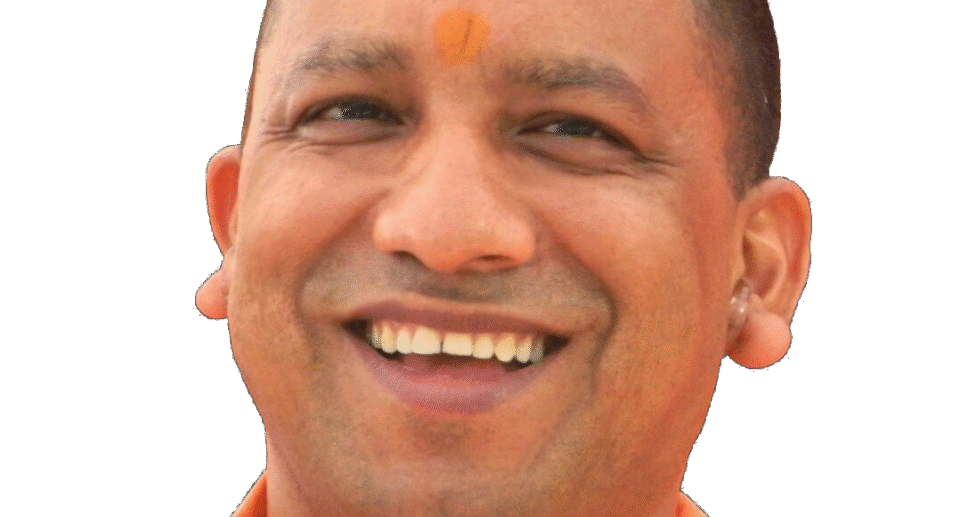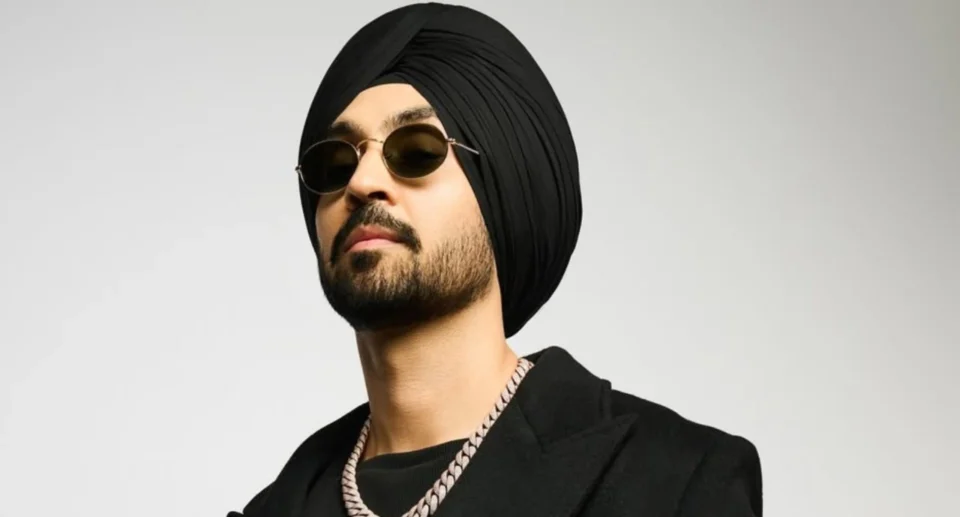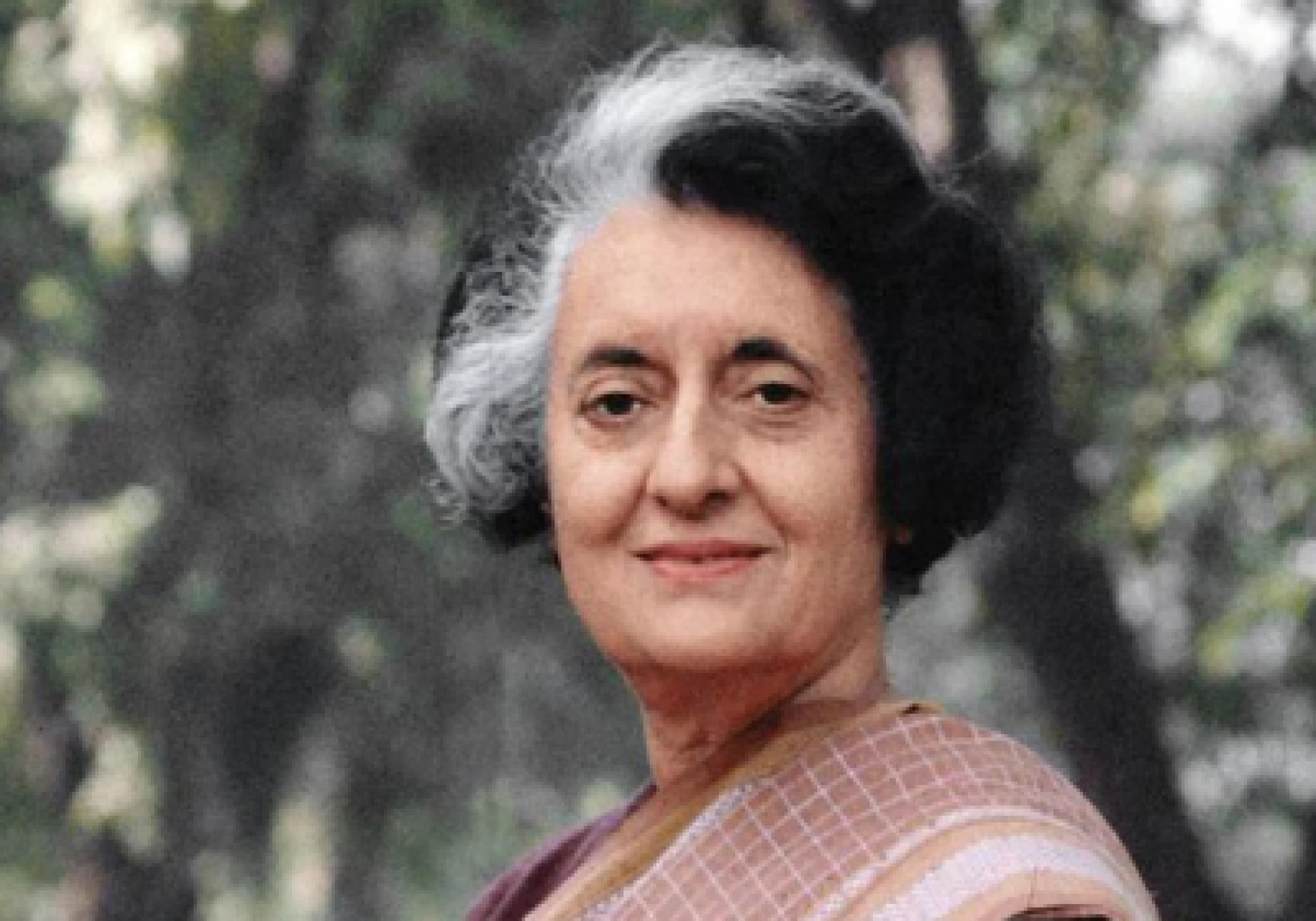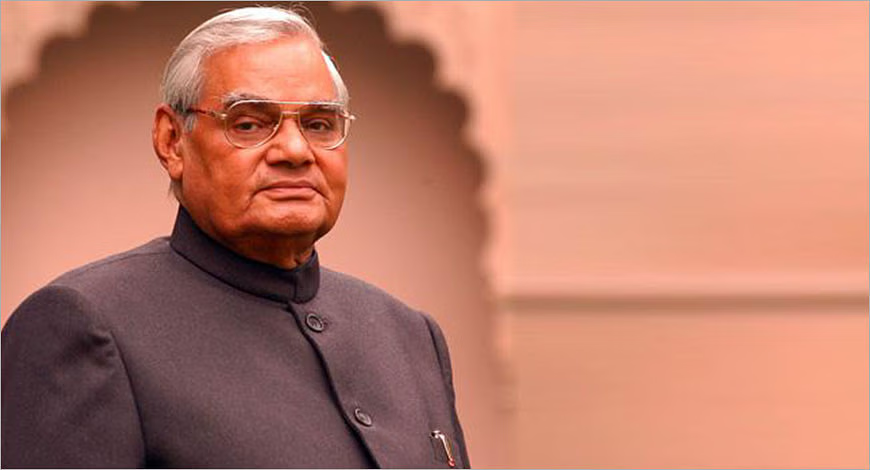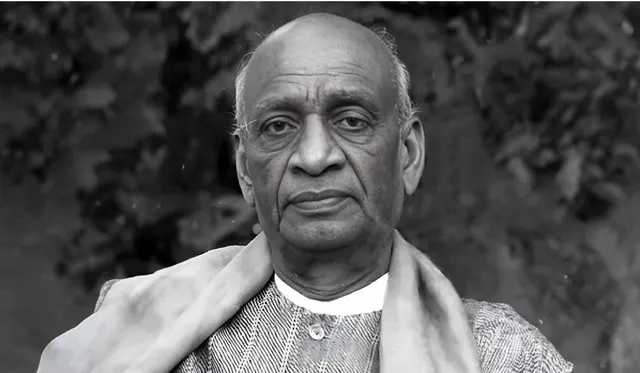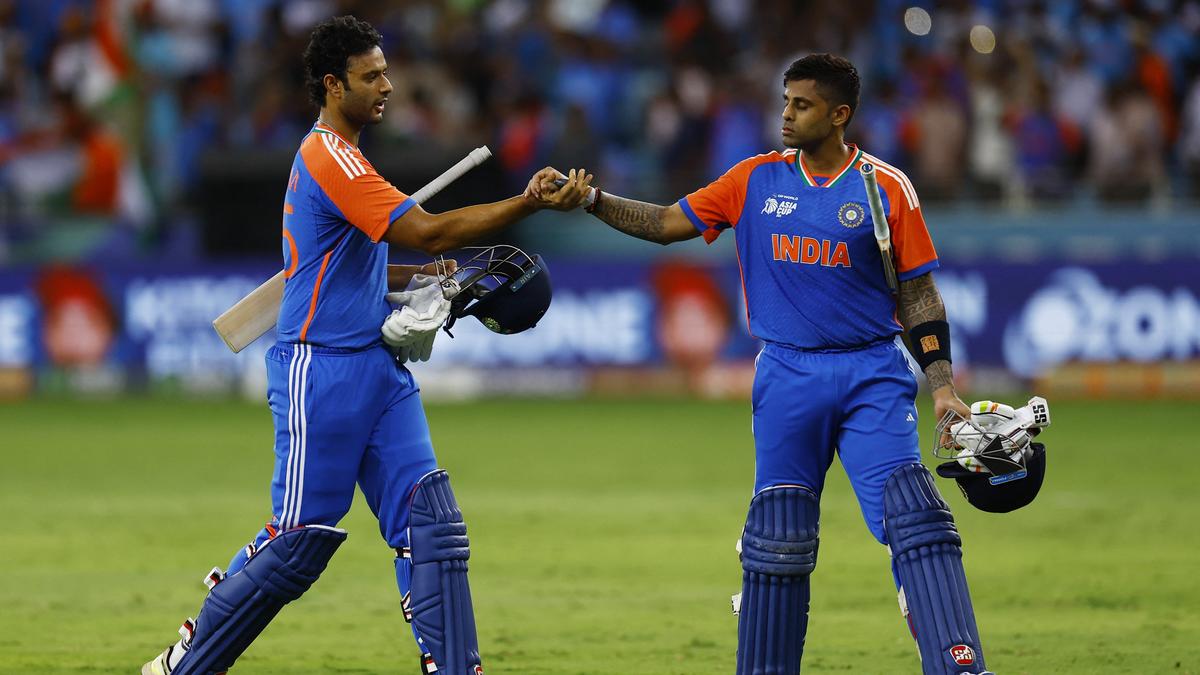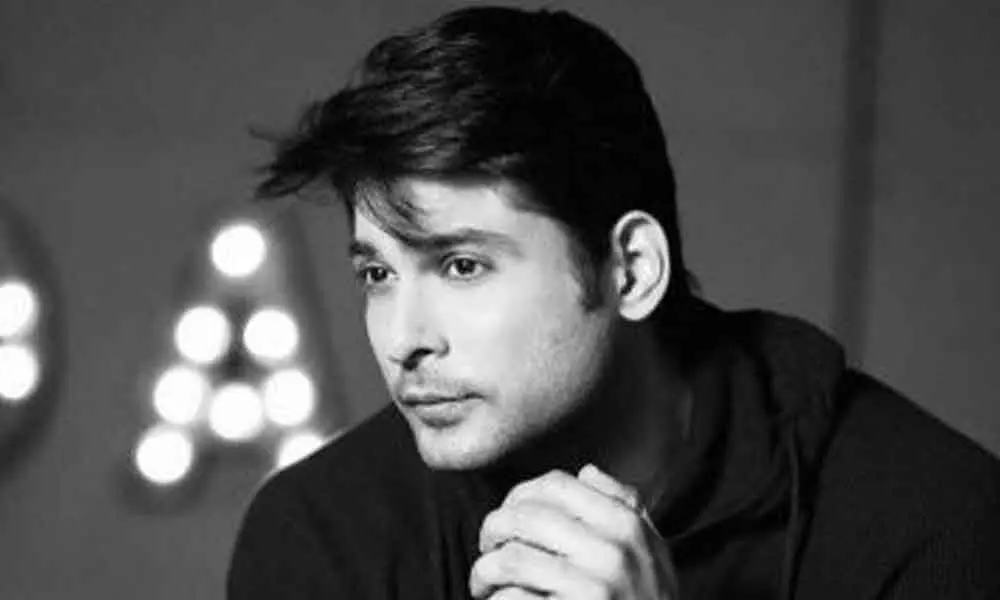Biography of Mamata Banerjee: Life, Political Journey, Achievements, and Legacy
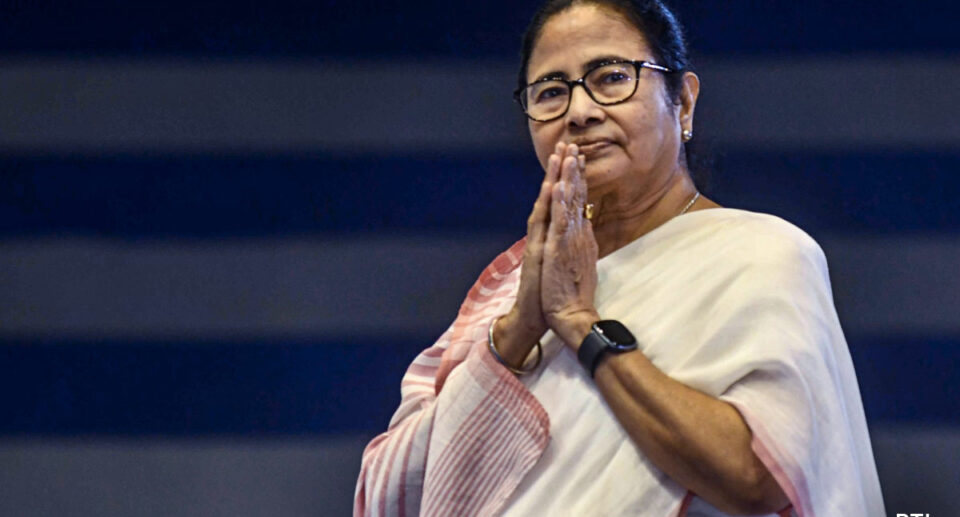
Introduction
Mamata Banerjee, popularly known as “Didi”, is one of the most influential and dynamic leaders in Indian politics. The founder and leader of the All India Trinamool Congress (TMC), she is currently serving as the Chief Minister of West Bengal, a position she has held since 2011. Known for her simple lifestyle, fiery speeches, and grassroots connect, Mamata has emerged as a strong voice in Indian democracy. Her biography is a powerful story of struggle, resilience, and determination.
Personal Information
- Full Name: Mamata Banerjee
- Date of Birth: 5 January 1955
- Birthplace: Kolkata, West Bengal, India
- Nationality: Indian
- Zodiac Sign: Capricorn
Physical Appearance
- Height: 5 feet 1 inch (155 cm)
- Weight: Approx. 60 kg
- Hair Color: Black
- Eye Color: Black
- Build: Slim
Early Life and Childhood
Birth and Family Background
Mamata Banerjee was born on January 5, 1955, in Kolkata, West Bengal, into a lower-middle-class family. Her father, Promileswar Banerjee, passed away when she was very young, leaving her mother Gayetri Devi to raise the family.
Education
She pursued a B.A. in History from Jogamaya Devi College, followed by a Master’s in Islamic History from Calcutta University. She also earned a degree in Law from Jogesh Chandra Chaudhuri Law College.
Even as a student, Mamata was deeply involved in student politics, displaying leadership qualities early in life.
Entry into Politics
Mamata Banerjee began her political career with the Indian National Congress in the 1970s. At just 29 years old, she was elected as a Member of Parliament from Jadavpur constituency in 1984, defeating veteran leader Somnath Chatterjee. This victory marked her rise as a young political star.
She quickly gained recognition for her outspoken nature and bold decisions, becoming one of the most visible women leaders in Indian politics.
Formation of Trinamool Congress (1998)
Disillusioned with the Congress, Mamata founded the All India Trinamool Congress (TMC) in 1998. The party soon became a major opposition force in West Bengal, directly challenging the Left Front, which had ruled the state for over three decades.
Her tireless campaigning, grassroots movements, and relentless criticism of the Left established her as the primary opposition leader in West Bengal politics.
Chief Minister of West Bengal
First Term (2011–2016)
In 2011, Mamata Banerjee scripted history by ending the 34-year rule of the Left Front, making her the first woman Chief Minister of West Bengal. Her first term focused on:
- Improving rural infrastructure.
- Empowering women through welfare schemes.
- Boosting education and healthcare.
Second Term (2016–2021)
Her re-election in 2016 reaffirmed her popularity. She launched flagship projects such as:
- Kanyashree Prakalpa – for girls’ education and empowerment.
- Sabooj Sathi – distributing bicycles to school students.
- Rupashree Scheme – financial support for poor girls’ marriages.
Third Term (2021–Present)
In 2021, Mamata defeated the BJP in a high-stakes election battle, winning a third consecutive term. Her victory cemented her position as one of India’s toughest regional leaders.
Major Achievements
- First woman Chief Minister of West Bengal.
- Recognized globally, with UN’s Public Service Award for Kanyashree Prakalpa (2017).
- Launched numerous welfare schemes for women, farmers, and the underprivileged.
- Maintained her image as a grassroots leader who stays connected with the common people.
Personality and Leadership Style
Mamata Banerjee is known for her austere lifestyle — often seen in a simple cotton saree and slippers. She is a workaholic leader, walking long distances during campaigns and connecting directly with the masses.
Her uncompromising nature, fearless speeches, and strong willpower have earned her admiration as well as criticism. She is often called “Didi”, symbolizing her emotional connection with the people of Bengal.
Challenges and Criticism
- Criticized for her confrontational politics and clashes with the central government.
- Accused of populism in governance.
- Faced controversies over handling of law and order issues in the state.
Despite these challenges, she remains one of the most resilient women leaders in India.
Legacy and Impact
The Biography of Mamata Banerjee reflects the rise of a woman leader who defied all odds to break patriarchal barriers in Indian politics. Her journey from a humble family in Kolkata to becoming a three-time Chief Minister is an inspiration for millions.
Her legacy lies in empowering women, grassroots politics, and redefining West Bengal’s political landscape.
